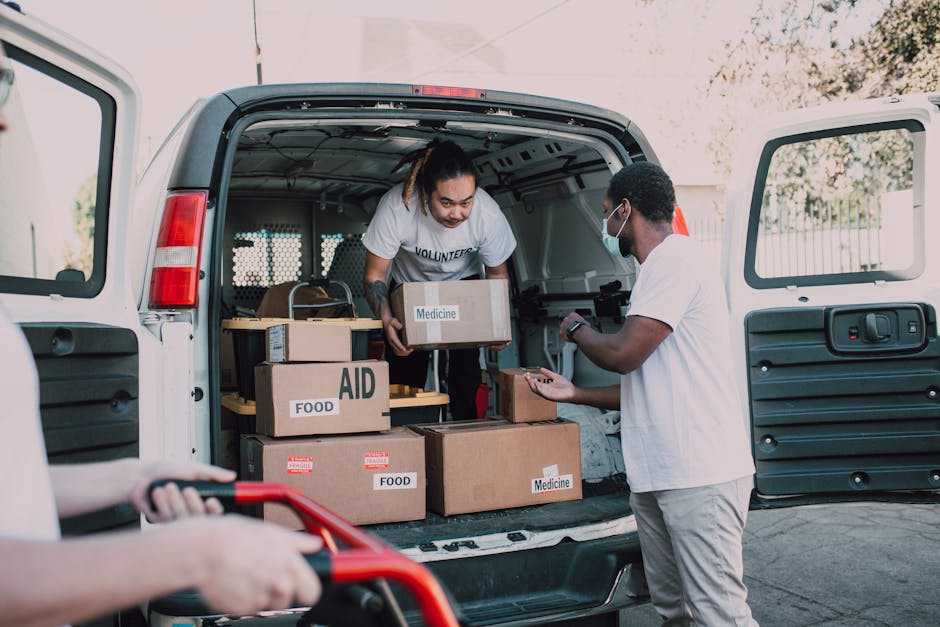What Is 2093324588?
Let’s get one thing straight: 2093324588 isn’t just another random phone number. It’s a caller ID that many users have reported encountering during things like twostep authentication, identity checks, or even robocalls. It originates from area code 209, which is based in Central California. That tells us something, but not everything.
This number shows up in enough different situations that it’s gained a bit of a digital reputation. Whether you’re getting a call right after trying to log into a payment platform or just out of the blue, it makes sense to get a handle on the context before picking up—or blocking it outright.
Common Reasons You Might Get a Call
No, it’s (probably) not someone calling you from Modesto to talk about your car’s extended warranty. Most commonly, calls from this number are linked to:
Twofactor authentication (2FA): Apps like PayPal, Google, or financial service apps often use verification calls or texts. Callback verification: Businesses may use thirdparty services to confirm customers when setting up accounts. Automated support: Some tickets or requests trigger automated call systems to reach back out. Spam and robocalls: We won’t sugarcoat it—some users report suspicious or spamlike behavior tied to this number, meaning it could be spoofed.
Should You Answer?
That depends. Here’s the quick checklist:
Were you expecting the call? If you just triggered a verification request, the call’s legit. Does the caller ID match a service you use? Some platforms now identify themselves clearly when placing such calls. Do they ask for personal info? Big red flag. Verification calls won’t ask for PINs, passwords, or social security numbers. Did it ring once and disappear? Might be a callback trap or robocall attempting to see if your number is active.
Use discretion here. Picking up can sometimes invite more unwanted contact if it’s a spam call. But if you’re in the middle of confirming an account setting or transaction, it might be exactly what you need.
How to Confirm Legitimacy
No one wants to second guess whether a call is real—phone anxiety is real. Here’s how to vet communications tied to numbers like this:
Reverse lookup tools: Use free services to search public data connected to the number. Sites like Truecaller, Whitepages, or WhoCallsMe often show if others reported it as spam or legitimate. Use official app notifications instead: Most services that perform phone verifications also provide appbased or email confirmation at the same time. Don’t call back blindly: If you don’t recognize it, don’t call back. Use official support channels.
How to Block or Report the Number
If you’re over it and want nothing to do with 2093324588, fair enough. You’ve got tools:
On iOS or Android: Go to recent calls → tap the info icon → select “Block this Caller.” Via your carrier: Most national carriers like Verizon, TMobile, and AT&T now offer free or lowcost call blocking services. Use thirdparty apps: Apps like Hiya or RoboKiller provide enhanced call filtering, including realtime reports of suspicious numbers.
You can also report the number officially on the FCC’s complaint page if it becomes persistent or harassing.
Alternatives to PhoneBased Verification
Tired of codes and calls altogether? Here’s how to break up with phone verifications:
Biometric authentication: Face ID or fingerprint scanning is faster and secure. Authentication apps: Google Authenticator, Authy, and even password managers can handle 2FA. Emailbased 2FA: Some services default back to email codes instead of voice or text if requested.
These options are especially useful if you’re worried about phishing or spoofing via phone calls. You’ll keep your info locked down—and say goodbye to unwanted digits like 2093324588.
Final Thoughts
When a number like 2093324588 comes calling, start with context. If it aligns with something you just did—resetting a password, confirming a purchase—it may be harmless (or helpful). But with robocalls and spam still running rampant, it pays to question even the subtle stuff. Block it if you’re unsure. Confirm it with official support if you need to. And always assume if someone’s asking for sensitive info over the phone, they’re probably not up to anything good.
Until then, keep your notifications tight, your apps updated, and your spam filters on high.


 Founder
Nicoleine is the visionary behind Food Meal Trail, dedicated to inspiring healthier eating habits. With a passion for culinary arts and nutrition, she combines her expertise to provide readers with innovative meal ideas and cooking techniques. Nicoleine believes that food should be both nourishing and enjoyable, and she is committed to sharing her love for wholesome cuisine with the world.
Founder
Nicoleine is the visionary behind Food Meal Trail, dedicated to inspiring healthier eating habits. With a passion for culinary arts and nutrition, she combines her expertise to provide readers with innovative meal ideas and cooking techniques. Nicoleine believes that food should be both nourishing and enjoyable, and she is committed to sharing her love for wholesome cuisine with the world.
